Second step of our overview of food supplements. Stéphane Penso addresses one of the important supplements in the athlete for his recovery: the Magnesium.
Sport is a social issue with regard to the number of participants and the interests it reflects: economic, media or health. High level sports friends, or occasional, your food and micro-nutritional needs differ throughout your life and must be adapted (sport, intensity, environment, diet…).
Nevertheless, here are some essential keys to understanding a good recovery with Magnesium. The purpose of this article is not to re-list all the benefits of a magnesium intake in an athlete, but rather to explain how to make the body benefit from it.
Food supplements necessary for athletes
Many caregivers agree that with a balanced diet of 3000 calories per day, an athlete does not necessarily benefit from all the necessary contributions of vitamins, minerals, fatty acids and others to compensate for his needs greatly increased by practice. intensive sport.
Sport and acidosis
Supplementation with appropriate intakes promotes better recovery and in particular improves the performance of the athlete. The acidosis produced by muscles subjected to prolonged exertion leads to an accumulation of nitrogenous waste in the body which will hamper good performance. Athletes all know the impact of lactic acid on their performance and recovery: cramps, fatigue, etc.

Effects of ammonium> effects of lactic acid
This muscle clogging by lactic acid cannot be responsible for fatigue and sports injuries on its own. Lactic acid decreases and disappears very quickly. On the other hand, the ammonium produced during the effort stays much longer in the body. This molecule is very toxic to our body and our nerve cells. It is therefore essential that the body evacuates it.
Physiologically it will use urea and glutamine, but this recycling is limited. It is for this reason that the contribution of Magnesium will have to be associated with other combinations (which we will see later) to activate this “cell cleaning” and allow rapid recovery.
Indeed, our energy reserves decrease very quickly during an intensive effort. Food plays a very important role in the athlete, because if it is high protein, it will cause an increase in the ammonium level.
Involved in enzymatic activity and in a very large number of fundamental cellular functions, magnesium is one of the main mineral salts of our body. It would be tedious to list all the functions and interactions caused by its presence, its deficiency or its excess. We will therefore focus on the effects that interest the athlete.
First of all magnesium has an effect muscle relaxant, this is why it is recommended to take it rather in the evening in order to avoid feeling relaxed and giving in to sleep which results from muscle relaxation. For the athlete, the interest will be to avoid cramps and allow training to go further. Indeed, the capacity of the muscle to return to a relaxed state, relaxed, allows a better recovery after each repetition. The muscle benefits more from the exercise, which can then be done with more intensity, more load, or for a longer duration.
At the same time, magnesium plays a central role in the transformation of carbohydrate intake into glycogen stock, which is the main fuel for muscle during exercise. Athletes are more prone to deficiencies than sedentary people because sweating and adrenaline generated by exertion accelerate the loss of magnesium. This magnesium is therefore essential for the release and management of energy, creatine and glycolysis.
Let's just keep the essentials
Among the more general effects of magnesium, we can say that it is involved in glucose metabolism, on insulin sensitivity and incidentally, on blood glucose level. The essential actions of magnesium also continue beyond the recycling of ATP with glycolysis and energy synthesis in the mitochondria. In other words, without magnesium, our muscles and our heart would be unable to synthesize energy.
This is a fact that should be kept in the mind of any professional or amateur athlete.
And if we are talking about enzymes, we must also remember that magnesium is involved in the work of more than 300 of them as a cofactor. Magnesium may play an essential role in nerve transmission, cardiac excitability, neuromuscular conduction, muscle contraction, vasomotor tone, blood pressure, and glucose and insulin metabolism.
Because of this, it plays a major role in disease prevention and overall health. Low levels of magnesium have been linked to a number of chronic diseases, including migraines, Alzheimer's disease, stroke, hypertension, cardiovascular disease, and type 2 diabetes mellitus (2 ).
Magnesium can help reduce fatigue, electrolyte balance, maintain normal bones, normal protein synthesis, normal psychological functions, normal nervous system function, normal energy metabolism, and supportive health. normal muscle function.
In summary, magnesium is as good for energy, for your heart, blood pressure, sleep (and post-exercise recovery) as it is for promoting harmonious hormonal release. It also promotes long term muscle growth.
Fan of padel, Stéphane has become the official tester of the planet padel in Europe. Everything goes through his expert hands. Thanks to his extensive experience in the snowshoeing world, he is able to scan your gear from head to toe!




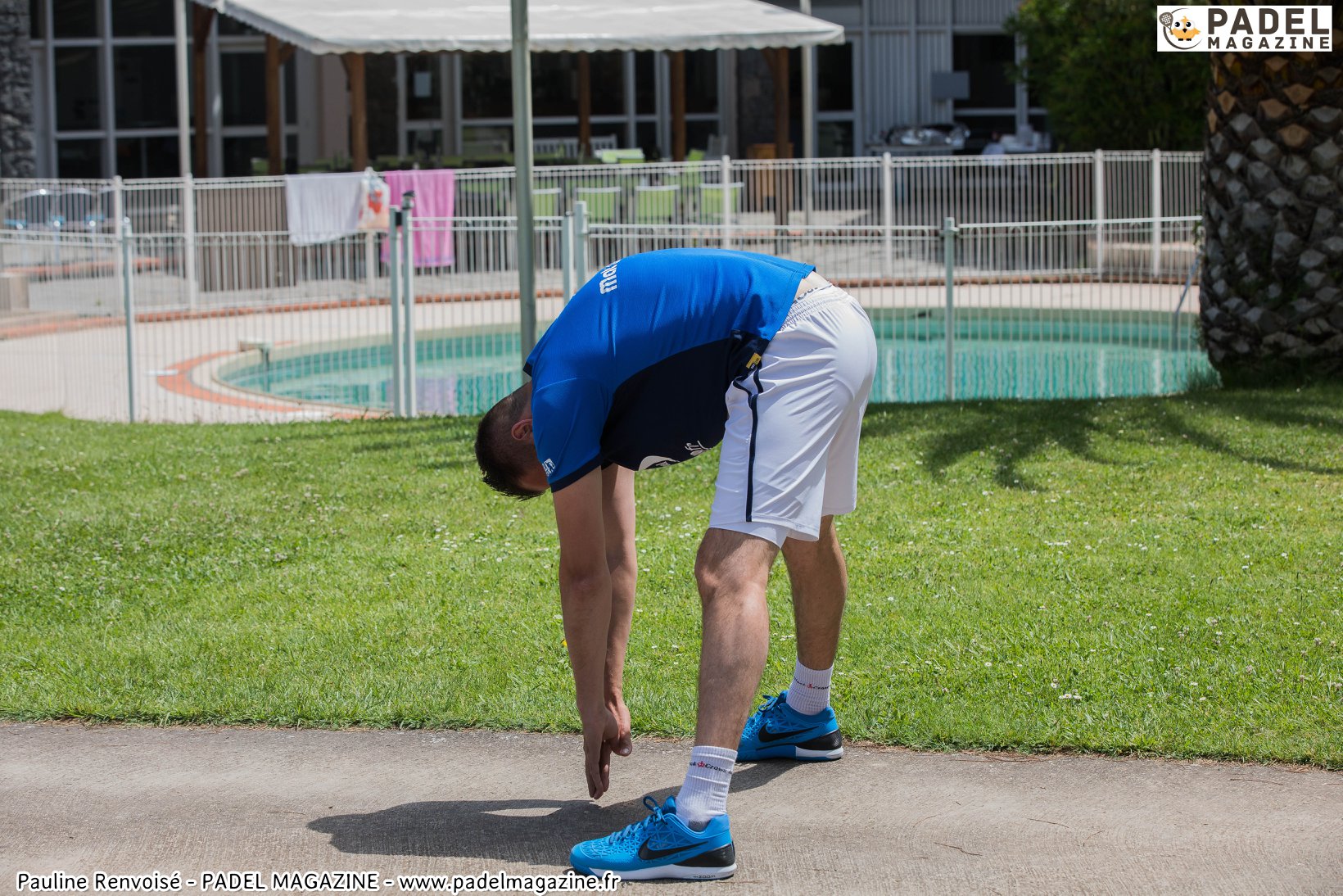
































































































 It’s off to a bad start for Pincho Fernandez and Javier Barahona…
It’s off to a bad start for Pincho Fernandez and Javier Barahona… Occasions – Two tracks of padel premium available for sale for €25.000
Occasions – Two tracks of padel premium available for sale for €25.000 Padel Score comes to Tahiti for American Express Padel Cup!
Padel Score comes to Tahiti for American Express Padel Cup!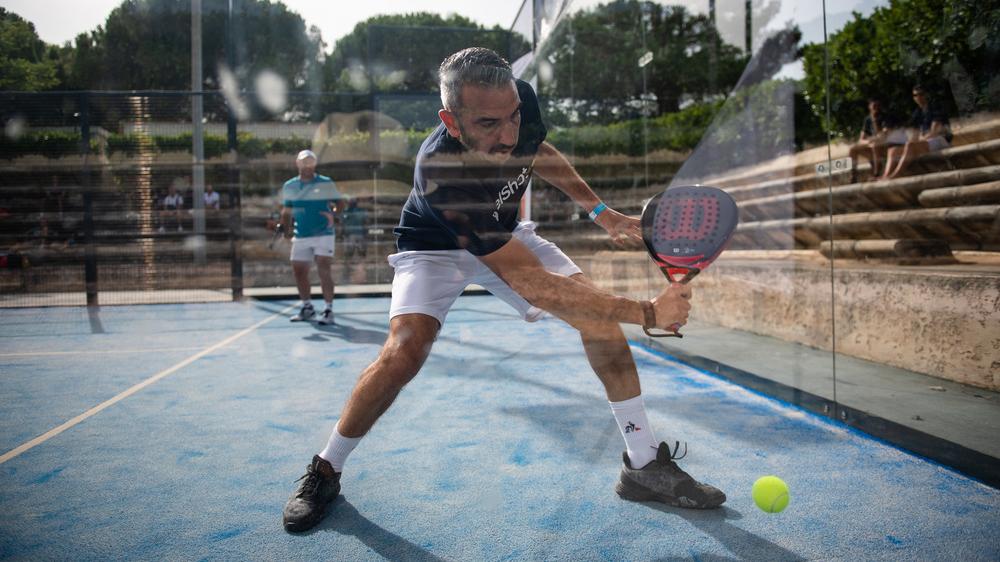 Simon Boissé: “We know that there are two nations in front of us”
Simon Boissé: “We know that there are two nations in front of us” Marie Maligo: “This period of frequent changes of partners was beneficial for me”
Marie Maligo: “This period of frequent changes of partners was beneficial for me” Alain Idier: “Adding tracks of padel, without sacrificing tennis”
Alain Idier: “Adding tracks of padel, without sacrificing tennis” Manuel Vives: “It’s extremely difficult to get by financially”
Manuel Vives: “It’s extremely difficult to get by financially” Mind Padel Lyon and the Auvergne Rhône-Alpes League innovate with team tournaments
Mind Padel Lyon and the Auvergne Rhône-Alpes League innovate with team tournaments Simon Boissé: “We know that there are two nations in front of us”
Simon Boissé: “We know that there are two nations in front of us” Team PAX (Domingo / Xari) returns to victory
Team PAX (Domingo / Xari) returns to victory Do you know the Rafa Nadal Academy Tour?
Do you know the Rafa Nadal Academy Tour? Alex Ruiz: “Finding joy again with Momo”
Alex Ruiz: “Finding joy again with Momo” Nerone: “Tolito is not a normal player”
Nerone: “Tolito is not a normal player” Play at padel on his yacht? Possible for €233.000!
Play at padel on his yacht? Possible for €233.000! TOP Padel : “A premium club with 10 slopes in Toulouse”
TOP Padel : “A premium club with 10 slopes in Toulouse” Our Top 10 training courses padel in France and Europe
Our Top 10 training courses padel in France and Europe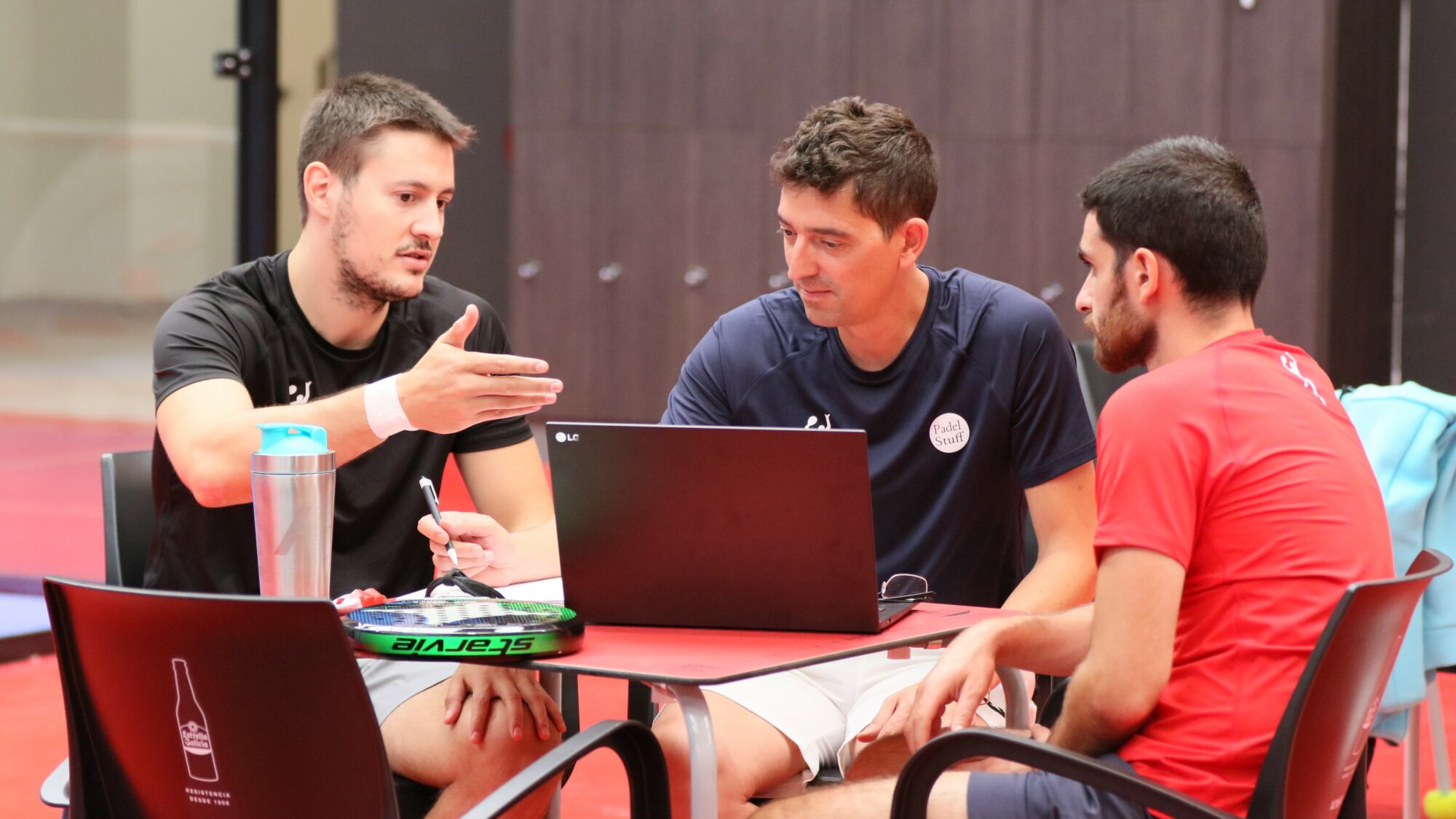 At the heart of padel – Episode 25: Paul and Andoni answer your questions
At the heart of padel – Episode 25: Paul and Andoni answer your questions Tactical padel – What to do when faced with players who systematically stay at the bottom?
Tactical padel – What to do when faced with players who systematically stay at the bottom?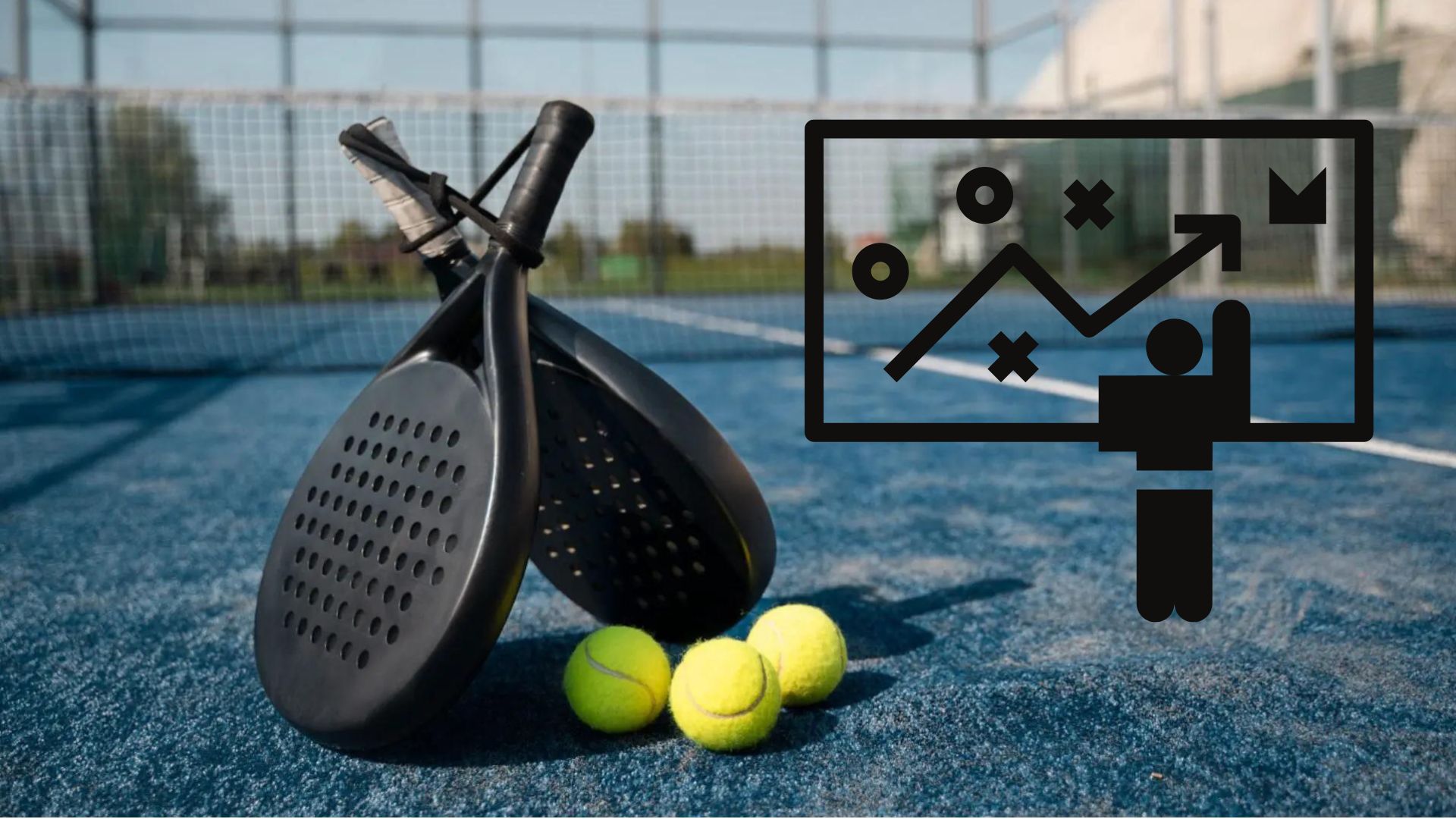 The basic tactics of padel
The basic tactics of padel At the heart of padel – Episode 25: Paul and Andoni answer your questions
At the heart of padel – Episode 25: Paul and Andoni answer your questions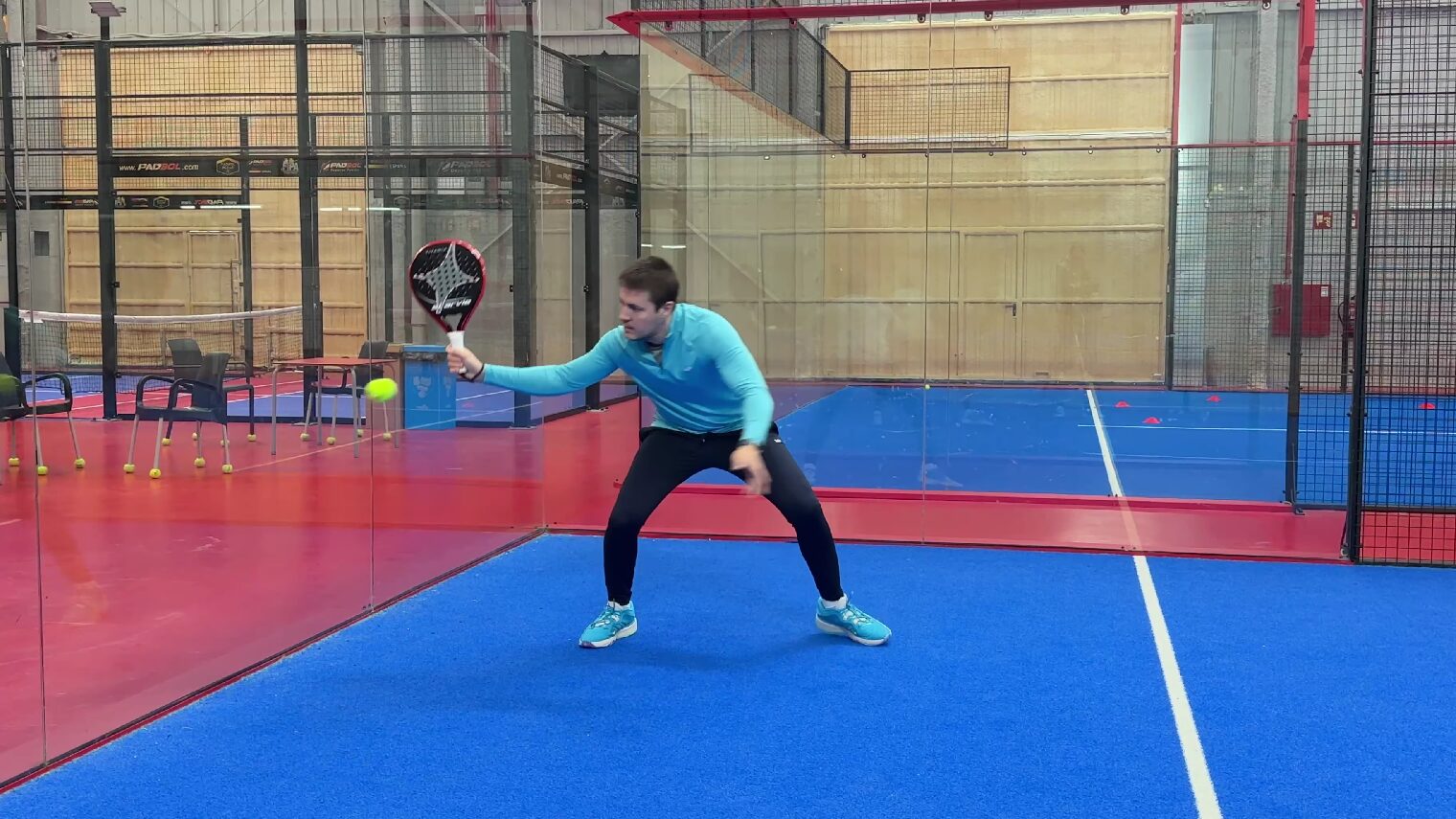 At the heart of padel – Episode 23: defend the window well
At the heart of padel – Episode 23: defend the window well Prohibition on playing topless Padel : the reasons
Prohibition on playing topless Padel : the reasons FIP Tour – Going far from Europe, THE strategy to earn points!
FIP Tour – Going far from Europe, THE strategy to earn points! What is a good football player? padel ?
What is a good football player? padel ? “Lefties give me headaches when I play against them!”
“Lefties give me headaches when I play against them!” At the heart of padel – Episode 14: how to earn points in winter?
At the heart of padel – Episode 14: how to earn points in winter? A par 4 is always a winner...even if you manage to defend it!
A par 4 is always a winner...even if you manage to defend it! Carbon fiber VS fiberglass: what to choose?
Carbon fiber VS fiberglass: what to choose?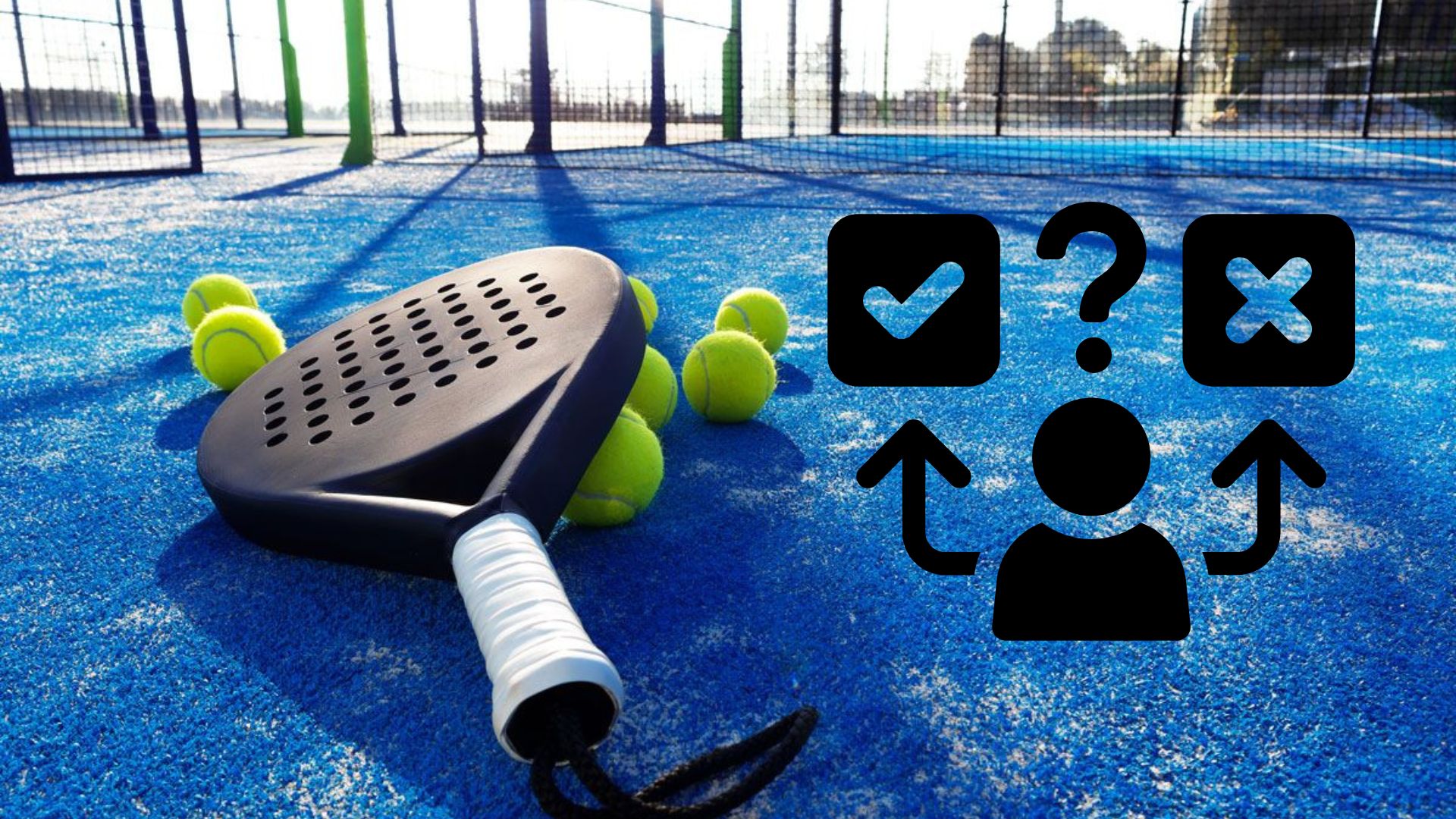 How to effectively test a racket padel ?
How to effectively test a racket padel ? La padel to fight Parkinson's disease
La padel to fight Parkinson's disease Don't play with a cracked or broken racket, your body will thank you!
Don't play with a cracked or broken racket, your body will thank you! Michel Cymes: “The padel, physically, it’s serious!”
Michel Cymes: “The padel, physically, it’s serious!” Jeremy Gala: “Promote the padel among young people in Belgium remains a challenge”
Jeremy Gala: “Promote the padel among young people in Belgium remains a challenge” The French Touch Academy organizes its selection day Padel-Study
The French Touch Academy organizes its selection day Padel-Study Report on the detection and training of younger generations
Report on the detection and training of younger generations